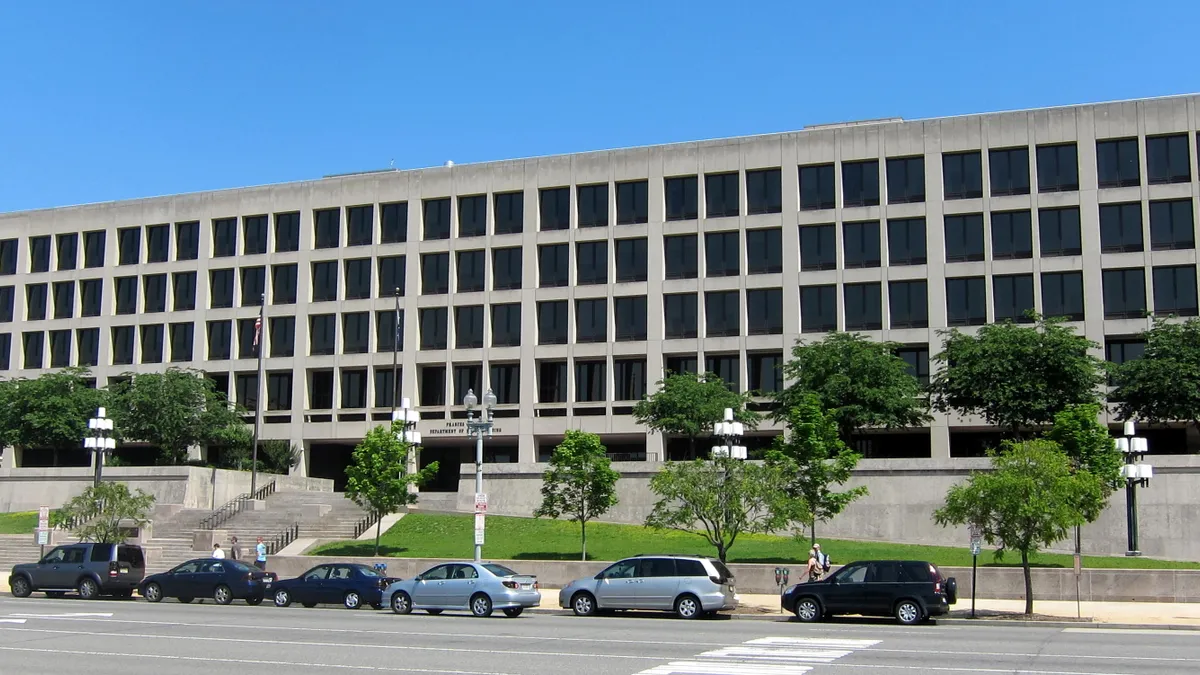Dive Brief:
- The Labor Department officially withdrew its informal guidance on joint employment and independent contractors, HR Dive reported Wednesday.
- The move signals the Department will relax enforcement of the two issues, although "legal responsibilities" under the Fair Labor Standards Act remain unchanged. However, the National Labor Relations Board is so far sticking with a more strict interpretation.
- Uncertainty still rules the day given the different interpretations, but employers remain bound by wage and hour laws, so risk of lawsuits over worker misclassification remains.
Dive Insight:
Carriers, manufacturers, distributors and fulfillment providers have all faced FLSA lawsuits over the issue of worker misclassification. At issue: the difference between employees and independent contractors, and the myriad ways such distinctions can be mangled.
One of these is the question of who is the employer of contracted workers. When companies need additional labor, they may contract a labor agency to fill temporary talent gaps. Often, however, the employees fulfilling the labor are paid and managed by the contracting company, as opposed to the one with a labor need. The question, then, is which company is responsible for upholding labor standards, if not both?
The informal guidance on joint employment issued during the Obama administration suggested both companies can be considered employers of that contract worker. As a result, managers procuring such labor through indirect spend processes suddenly had to consider an additional standard. For those companies enjoying long-standing relationships with contracting companies, the issue could easily fall through the cracks.
The rollback, then, could be considered good news by companies concerned about a potential joint employer status. However, HR Dive clearly reports a warning: the Labor Department's decision this week, while signaling a possible enforcement trend, is not a legal reversal of longstanding laws and regulations around classification.














